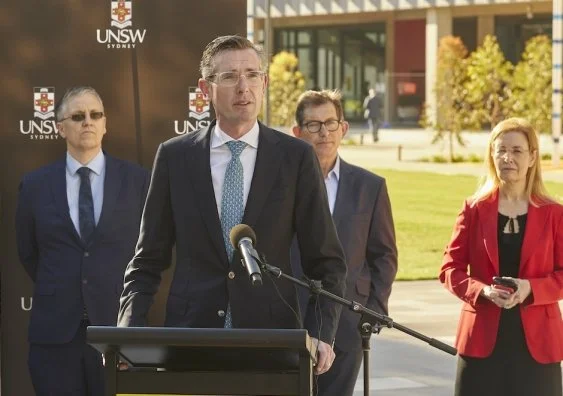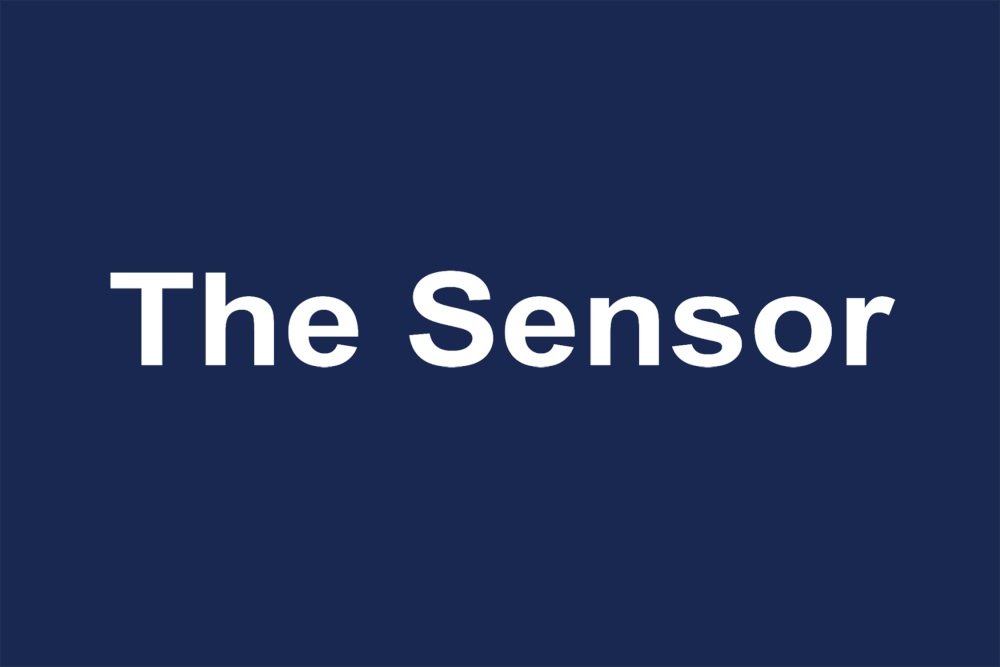It's the 1st of November 2021. With NSW leading the way, today, Australia reopens to the world after 590 days of restricted access.
The NSW Smart Sensing Network (NSSN) has announced mining, and smart places and buildings as new NSSN Grand Challenges eligible for funding under the Network's upcoming round of NSSN Grand Challenges Fund.
Read MoreThe NSW Smart Sensing Network Sensing and Climate Change Roundtable took place on 28 October 2021. The online event explored the role of smart sensing in responding to the global net zero agenda, and more locally, the NSW Net Zero Plan.
Read MoreA first-of-its-kind RNA pilot manufacturing facility to translate mRNA and RNA research into home-grown therapeutics and vaccines will be built in NSW following a $96 million investment from the state government.
Read MoreThe NSW Smart Sensing Network has hosted a Bushfire Smart Sensing Workshop convening 100 participants from across academia, industry and government on 19 October 2021. The workshop aimed to progress a roadmap for smart sensing innovation and identify opportunities for collaborative projects advancing the development and adoption of sensing technologies for bushfires.
Read MoreExciting opportunity for an engineering specialist in electronics and development to join our team at the NSW Smart Sensing Network (NSSN). Closing date for applications is 11.59pm, Sunday 7 November 2021.
In the lead-up to the UN COP26 Glasgow summit, the NSW Smart Sensing Network (NSSN) will host a virtual roundtable event that elucidates the opportunities at the nexus of smart sensing and climate change on 28 October 2021.
Read MoreAustralian researchers have created 'smart' microscope slides that can detect breast cancer cells.
Read MoreNSSN founding Co-Director Professor Justin Gooding, UNSW Science, and Professor Maria Kavallaris, Children’s Cancer Institute and UNSW Medicine & Health, were recognised for their work on a breakthrough in 3D bioprinting that will be a game-changer in cancer research.
Read MoreNSW is one step closer to opening its borders as we approach the 80% vaccination rate target. To support the state’s plan to return to normal, the NSW Smart Sensing Network has partnered with industry and universities to develop a “data safe” quarantine monitoring system that could be used by arrivals once state and national borders reopen.
Read MoreUNSW engineers have identified a new simpler method to detect tiny microbes in water which cause significant health risks and potentially even death.
Read MoreResearchers from the University of Sydney, the Australian National University, UNSW and Macquarie University are part of an $850,000 joint initiative between the Department of Planning Industry and Environment (DPIE) and the NSW Smart Sensing Network (NSSN) that will use new and innovative technology to enhance the state’s knowledge of water movement.
Read More











